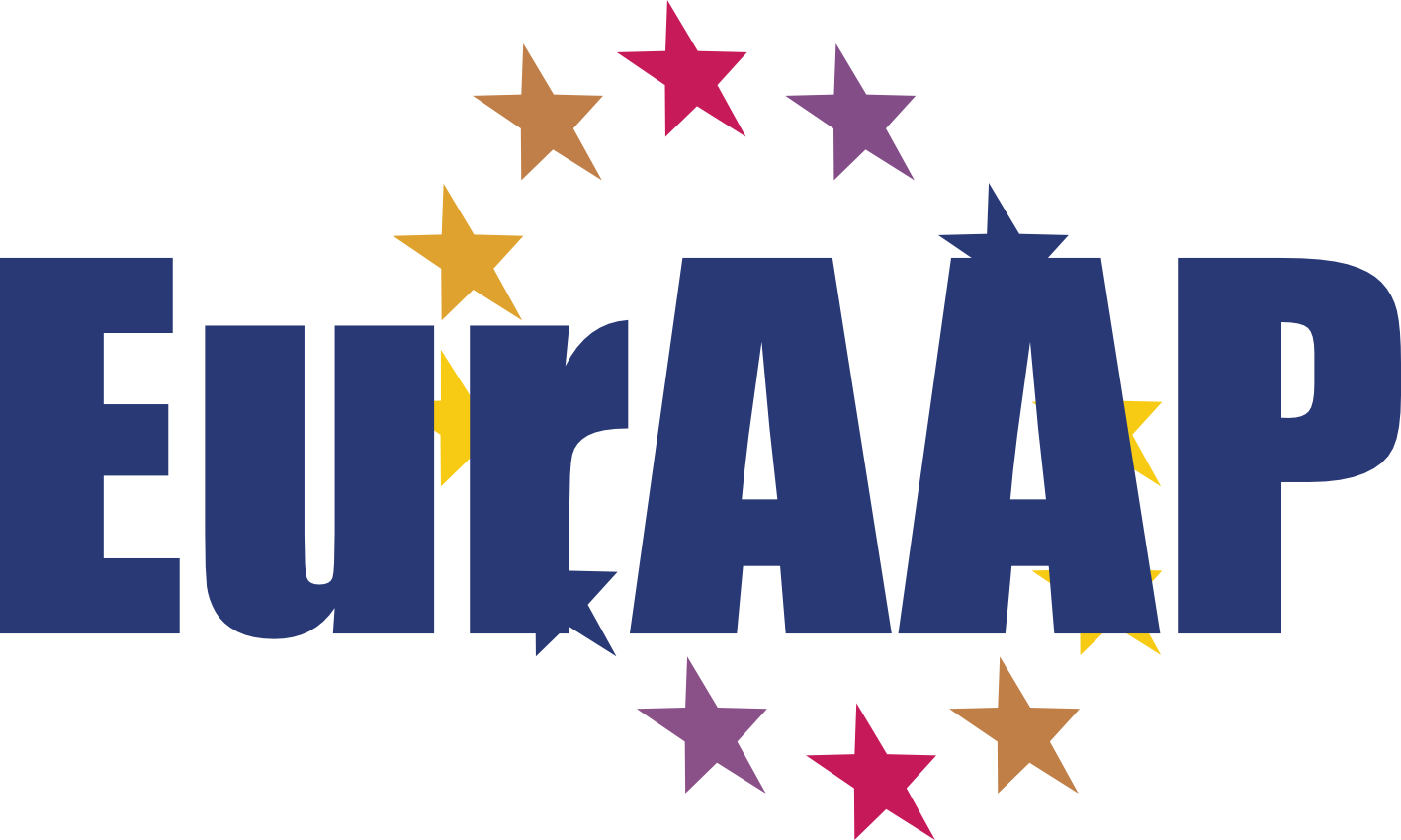SC03 (T): Base Station Antennas from 1G to 5G: Design and Network Considerations
Claes Beckman
KTH Royal Institute of Technology, Sweden

Claes Beckman is an antenna systems engineering professor and the founding director of the research center wireless@kth. He has more than 30 years of experience from both academia and the wireless (radio and radar) industry. 1983 to 1988 he was a microwave design engineer with Ericsson, designing radar receiver systems. Between 1989 and 1994 he was a PhD student in Applied Elctroon Physics at Chalmers. From 1994 to 2001 he was a research manager at the Swedish antenna specialist Allgon working mainly on base station antennas for mobile communications and radio network design. 2001 he founded the center for wireless sytems at the Royal Institute of Technology: Wireless@kth. IN 2004 he was appointed professor in microwave engineering at the University of Gävle and in 2013 he was appointed professor of antenna systems engineering at KTH. He has published +100 journal articles and conference reports, and has authored more than 25 inputs to ETSI and the 3GPP committees. He was KTH’s Principal Investigator in the “5G” EU-project METIS. He is the adviser of more than 50 M.Sc., 7 licentiate and 3 PhD thesis. Together with his associates in academia and industry, he has raised more than EURO10Million in industrial and governmental funding for scientific research
Context
This short course gives the participants an overview of the application, implementation and design of current and future base station antennas for mobile communications from 1G to 5G. It is aimed at microwave, RF- and antenna engineers in the wireless area, but also useful for researchers looking for relevant research topics and system engineers needing a deeper understanding of the antenna component of their system. The course explains underlying theoretical and practical implementation aspects of base station antennas in mobile communication networks of today and the future (5G).
Course content
The course is divided into four main parts:
(i) System aspects,
(ii) BTS antenna design
(iii) Multiple antenna concepts.
(iv) 5G antennas
In the first part the fundamental parameters of a base station antenna are discussed in the context of radio network design. In particular we discuss parameters such as gain, radiation patterns, frequency bands and power handling and put them in the context of cell planning, propagation and capacity.
In the second part a general overview of base station antenna design is given. In particular the design aspects of radiators, feed networks and reflectors are discussed.
In the third part of the course we give an overview of the underlying theory of diversity and MIMO systems. In particular we discuss the requirements that these systems put on the base station antennas in order to be able to deliver the data rates expected from LTE. In particular we look in detail at the implementation of multiple antennas in the various releases of the 3GPP standard.
In the final part, we discuss the various multiple antenna and massive MIMO concepts that has been developed within the European project METIS, which is supposed to lay out the foundations for the 5G standard to be deployed in around the year 2020.


















